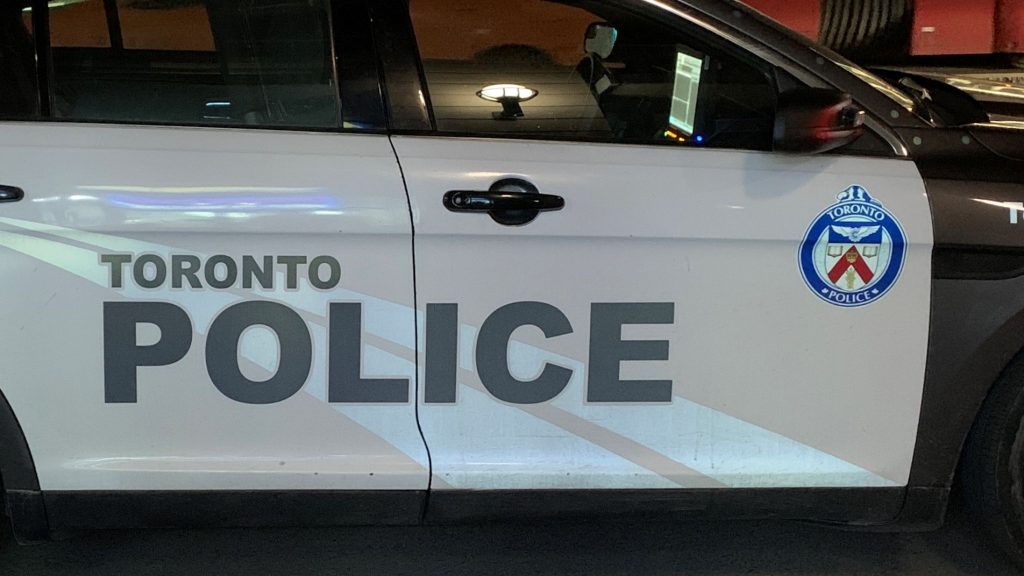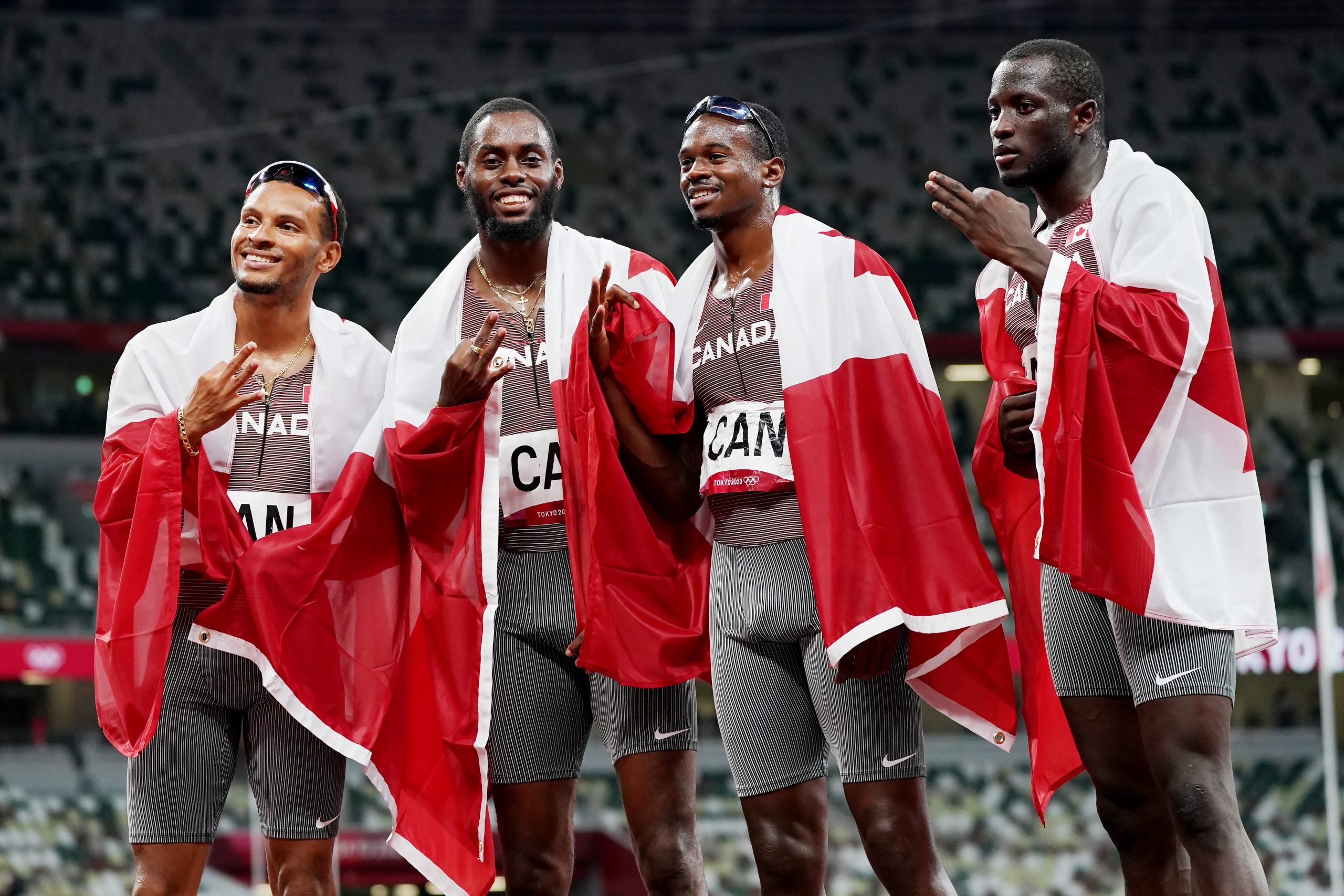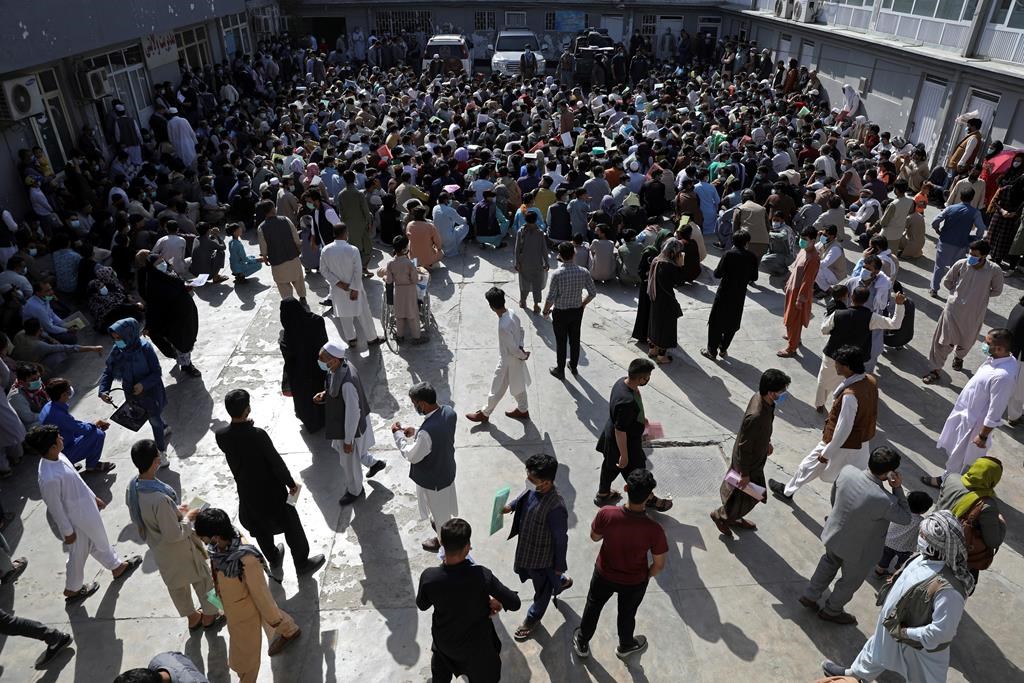
TORONTO (AP) — Canadian special forces will deploy to Afghanistan where Canadian embassy staff in Kabul will be evacuated before closing, a source familiar with the plan told The Associated Press.
The official, who was not authorized to talk publicly about the matter and spoke on condition of anonymity, did not say how many special forces would be sent.
Just weeks before the U.S. is scheduled to end its war in Afghanistan, the Biden administration is also rushing 3,000 fresh troops to the Kabul airport to help with a partial evacuation of the U.S. Embassy.
The moves highlight the stunning speed of a Taliban takeover of much of the country, including their capture on Thursday of Kandahar, the second-largest city and the birthplace of the Taliban movement.
Britain also said Thursday that it will send around 600 troops to Afghanistan to help U.K. nationals leave the country amid growing concerns about the security situation. And Danish lawmakers have agreed to evacuate 45 Afghan citizens who worked for Denmark’s government in Afghanistan and to offer them residency in the European country for two years.
Some 40,000 Canadian troops were deployed in Afghanistan over 13 years as part of the NATO mission before pulling out in 2014.
The first planeload of Afghan refugees who supported the Canadian military mission in Afghanistan arrived in Canada earlier this month. The Canadian government last month announced a special program to urgently resettle Afghans deemed to have been “integral” to the Canadian Armed Forces’ mission, including interpreters, cooks, drivers, cleaners, construction workers, security guards and embassy staff, as well as members of their families.
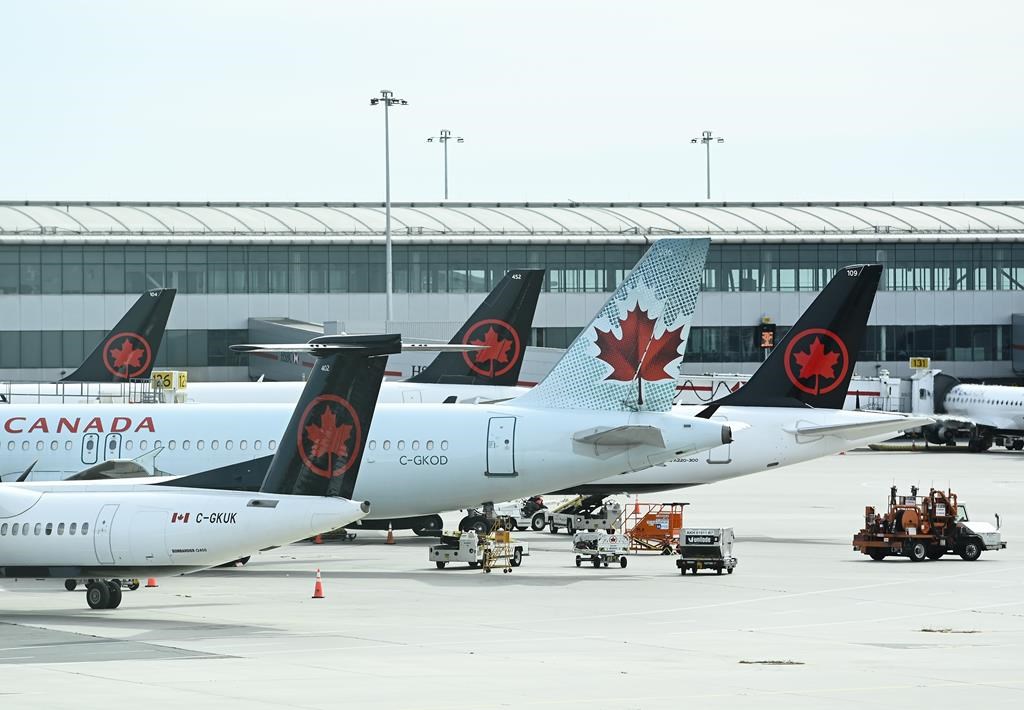
Canada’s airline association says it’s pleased to see the federal government implementing a vaccine passport for international travel.
Mike McNaney, president and CEO of the National Airlines Council of Canada, said a standardized digital certification of vaccine status is critical to restart the country’s travel and tourism sectors.
The federal government announced the passport system Wednesday, saying it’s intended to certify Canadians who choose to travel abroad.
Immigration Minister Marco Mendicino said the digital pass will include data on the type of vaccine received, and the dates and location they were given.
The news comes after the government scrapped quarantine requirements for fully vaccinated Canadian travellers earlier this summer.
McNaney said he hopes all governments will work together to ensure that a fall release date for vaccine passports will be met.
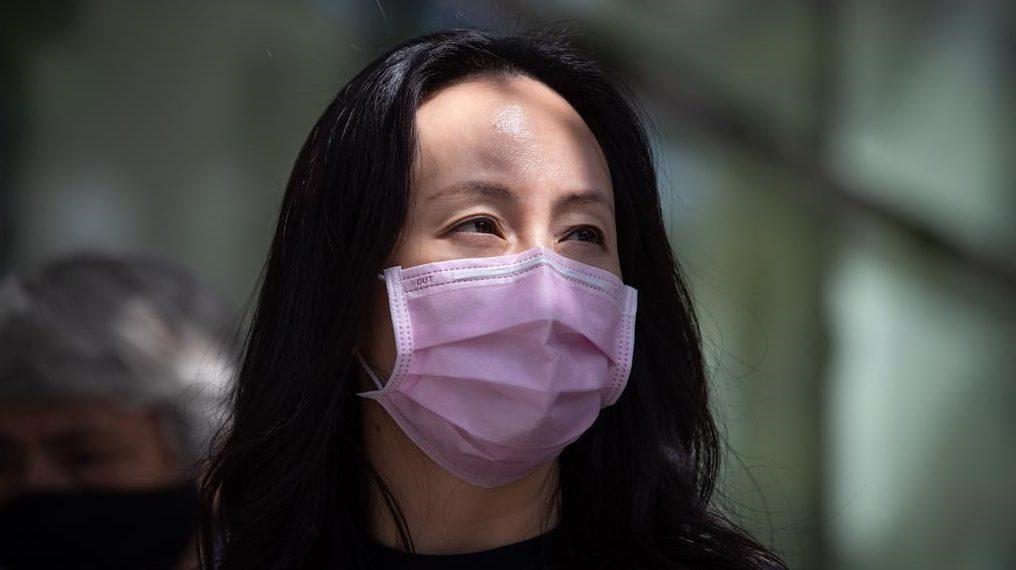
Government lawyers are expected to argue today that an international bank risked losses due to the alleged misrepresentations by one of Huawei’s most senior executives.
Meng Wanzhou, who is the Chinese telecom giant’s CFO and daughter of the company’s founder, is facing extradition to the United States on fraud charges that both she and the company deny.
Today is the second day of formal arguments in her extradition hearing, which is unfolding more than 2 1/2 years after her arrest at Vancouver’s airport soured Canada’s relationship with China.
Meng is accused of lying to HSBC about Huawei’s control of another company during a 2013 presentation, putting the bank at risk of violating U.S. sanctions in Iran.
Lawyers for Canada’s attorney general, who represent the United States in the case, are trying to convince the judge that American prosecutors have provided enough evidence to support a case against her, while Meng’s team has consistently denied any wrongdoing.
Her long-awaited extradition hearing is proceeding as courts in China prosecute Canadians whose sentencing or detentions are widely seen as retaliation for her arrest.
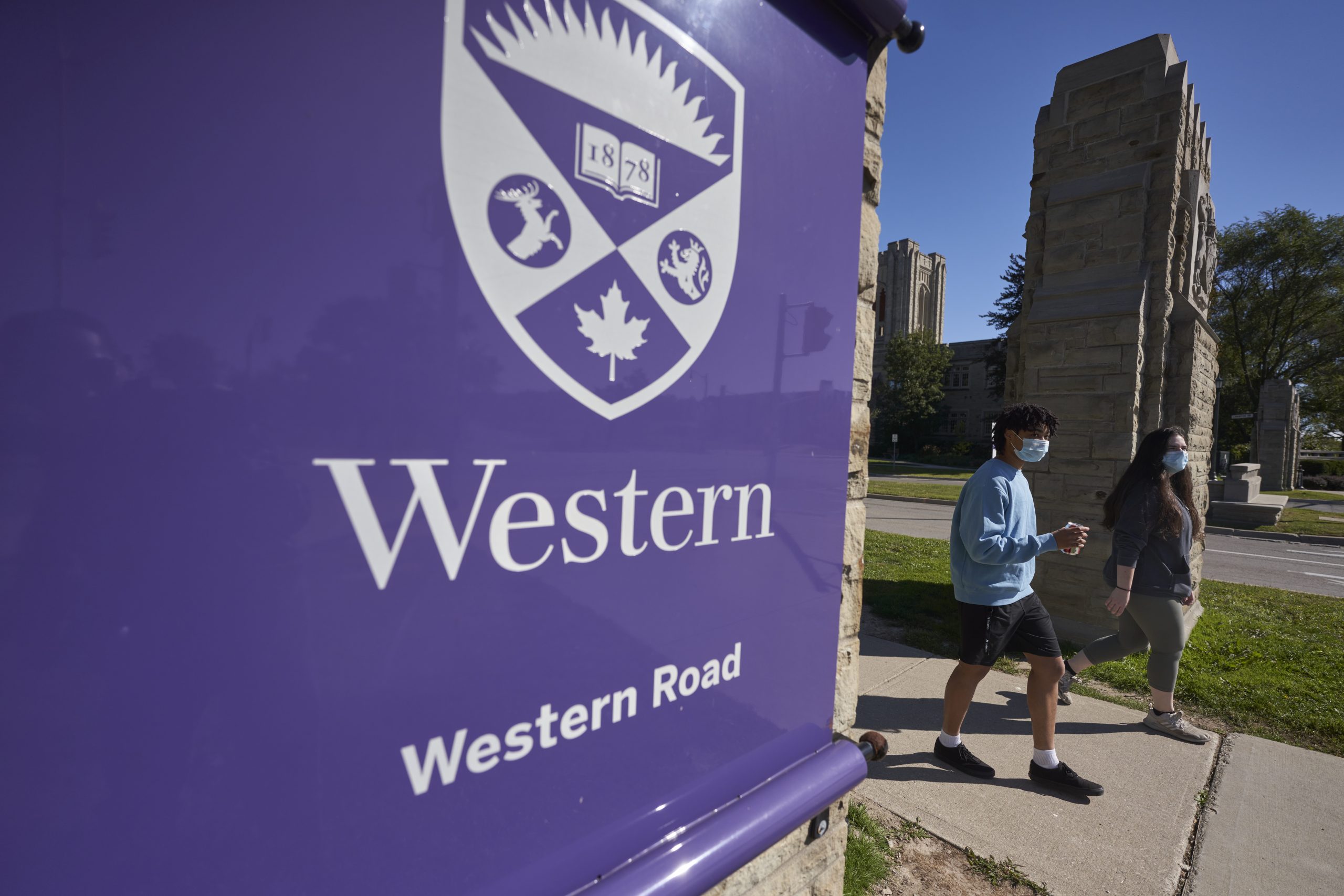
Western University and University of Toronto have announced they will both require all students, staff and faculty to show proof-of-vaccination in order to be on campus.
The three affiliate colleges at Western, Huron, Kings and Brescia, will have the same COVID-19 vaccine policy.
At both universities those without proof-of-vaccination will have to be tested for COVID-19 twice a week.
Western said in a statement, the decision was made after “careful consultation with public health partners and faculty experts in medicine, law and ethics.”
U of T’s special advisor for COVID-19 Salvatore Spadafora said public health evidence shows, “Vaccination provides the best protection from COVID-19.”
Western and U of T had previously mandated vaccines for students in residences.
It comes after Ottawa University also mandated COVID-19 vaccines for all who attend campus, including students, staff and faculty, earlier this week.
Seneca College became the first Ontario post-secondary school to make vaccines mandatory.
Multiple other university and colleges in the province will require students living in residences to be vaccinated against COVID-19.
The Council of Ontario Universities and Colleges Ontario have both called for a province-wide policy that would require all students, staff and faculty to be vaccinated.
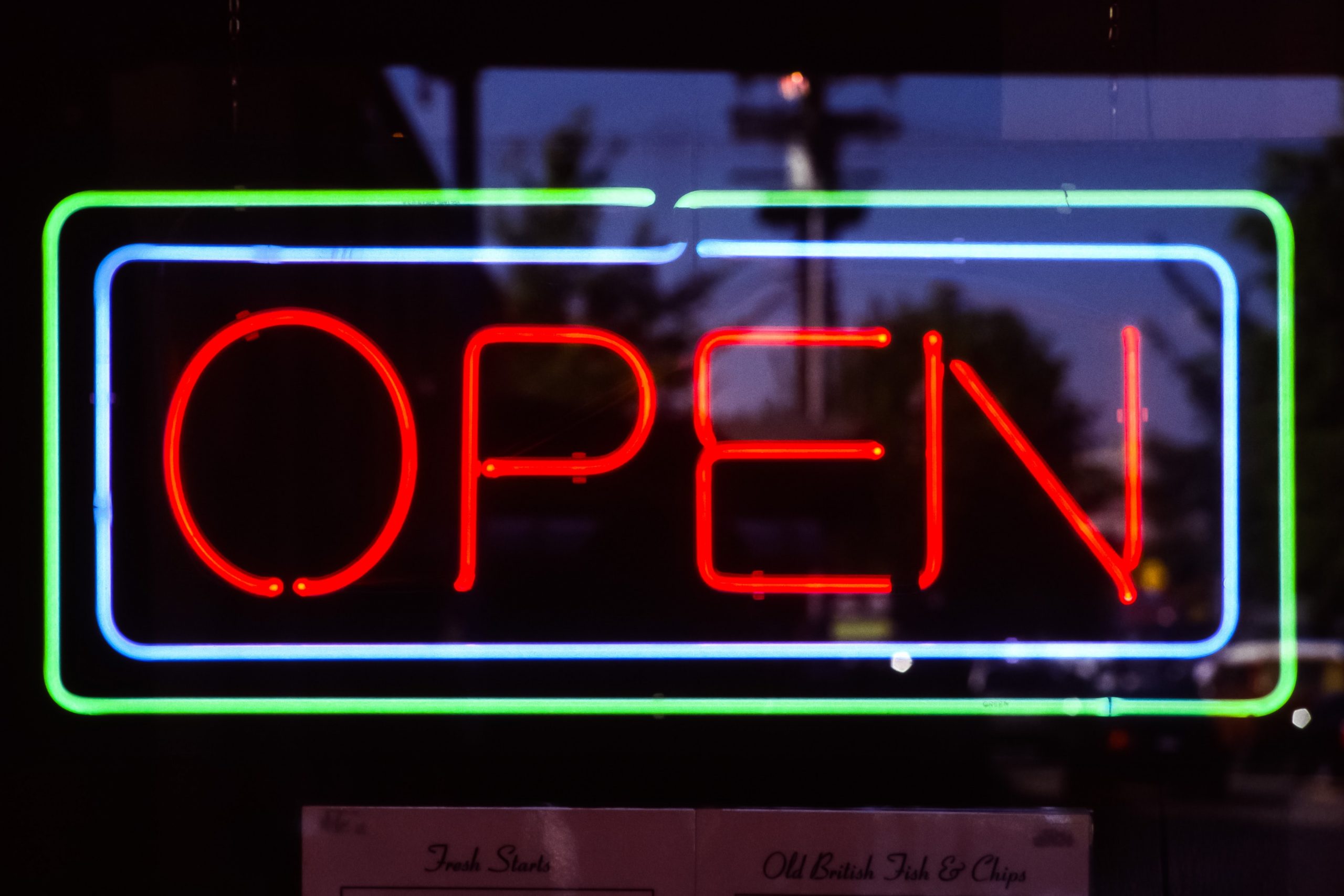
Ontario’s chief medical officer of health expects the province will be able to fully reopen in a week to 10 days.
Dr. Kieran Moore says we’re getting closer to the vaccination targets needed to move beyond the third and final step of the reopening plan.
“It all depends on how many Ontarians come forward,” said Moore. “We’re at around 50,000 people coming forward a day for first and second doses.”
More than 81 per cent of eligible Ontarians 12 and older have had at least one shot of a COVID-19 vaccine and almost 72 per cent are fully vaccinated. We need 75 per cent of Ontarians with two doses before a full reopening.
But Moore says he believes the threat of a fall resurgence will boost vaccination rates.
“I’m very, very hopeful that more and more Ontarians, as we get through the summer doldrums and anticipate this rise in risk in the fall, will come forward.”
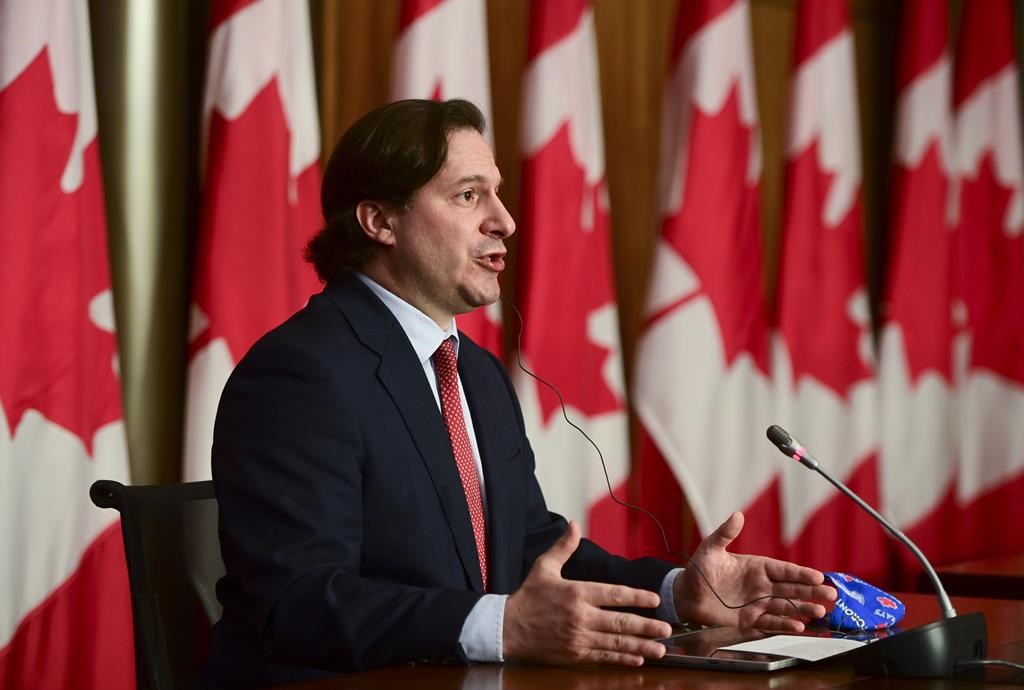
WASHINGTON — Canada’s immigration minister talked Canada-U.S. border issues Monday with the secretary of the U.S. Department of Homeland Security.
But the federal government’s official account of the meeting between Marco Mendicino and Alejandro Mayorkas, released late Tuesday, makes no mention of the current imbalance in travel between the two countries.
The readout does say that the pair discussed managing what it calls a “secure border that allows for necessary travel as pandemic border restrictions begin to ease.”
Monday marked the first day in nearly 17 months that U.S. citizens and permanent residents who are fully vaccinated were allowed to visit Canada.
Eligible American visitors to Canada must have allowed 14 days to pass since their last dose of a Health Canada-approved vaccine, and must also show proof of a recent negative test for COVID-19.
The U.S., however, still won’t let Canadians, vaccinated or otherwise, cross the land border to enter the U.S. for non-essential purposes.
Ottawa’s readout describes the meeting between the two leaders “as a continuation of their first call” in June.
They “discussed their ongoing commitment to protecting the integrity of our shared North American perimeter,” it says, “and to managing a secure border that allows for necessary travel as pandemic border restrictions begin to ease.”
The meeting was billed as a next-steps followup to the commitments Prime Minister Justin Trudeau and President Joe Biden made in February when they forged a “road map” for a renewed bilateral partnership.
That agreement specifically calls for “co-ordinated border policies” that keep the virus and its variants in check “while promoting economic growth and recovery.”
Despite that, the traffic over the Canada-U.S. border was markedly one-way Monday, leading to lengthy delays of several hours at some border crossing locations unaccustomed to high numbers of travellers. Those holdups had all but disappeared by 7 p.m. ET Tuesday.
Monday’s discussion also included global migration and refugees — “in particular, addressing the sources and challenges of forced displacement and irregular migration in Central America,” the readout said.
Ottawa says Mendicino also spent his time in Washington talking about immigration and post-pandemic growth at the Migration Policy Institute and the World Bank.
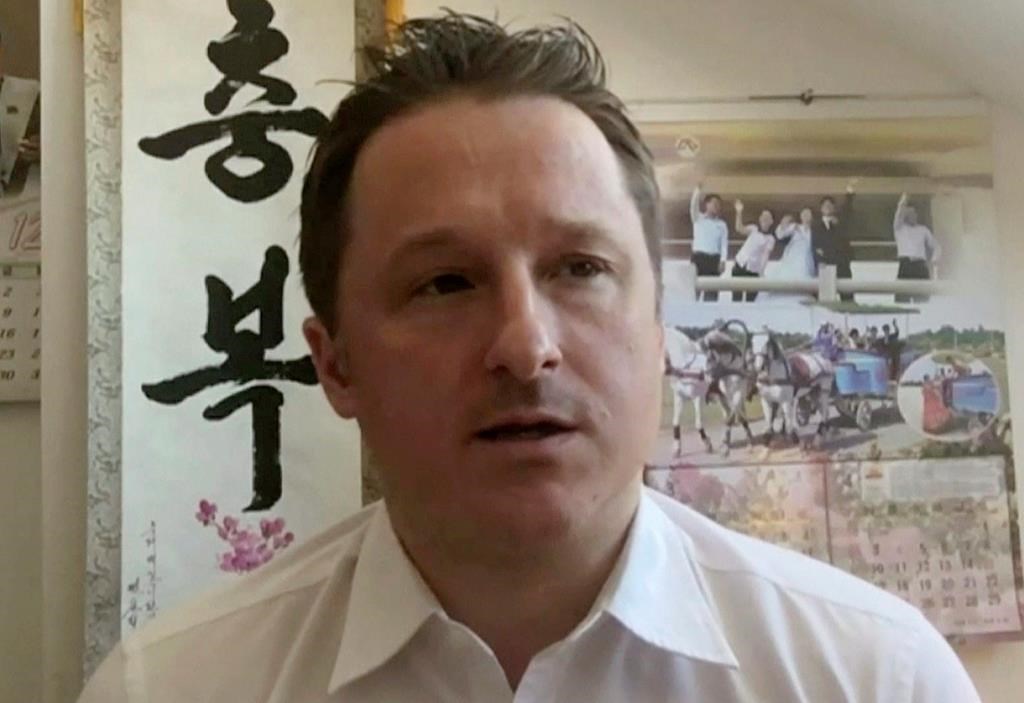
A Canadian entrepreneur was sentenced to 11 years in prison Wednesday in a spy case linked to Beijing’s effort to push his country to release an executive of tech giant Huawei, prompting an unusual joint show of support for Canada by the United States, Japan and 23 other governments.
China is stepping up pressure as a Canadian judge hears final arguments about whether to send the Huawei executive to the United States to face charges related to possible violations of trade sanctions on Iran. On Tuesday, a court rejected another Canadian’s appeal of a death sentence in a drug case that was increased after the executive’s arrest.
Entrepreneur Michael Spavor and a former Canadian diplomat were detained in what critics labeled “hostage politics” after Huawei’s Meng Wanzhou, was arrested Dec. 1, 2018, at the Vancouver airport.
Spavor was sentenced by a court in Dandong, about 210 miles (340 kilometers) east of Beijing on the North Korean border. The government has released few details other than to accuse Spavor of passing along sensitive information to the former diplomat, Michael Kovrig, beginning in 2017. Both have been held in isolation and have little contact with Canadian diplomats.
Prime Minister Justin Trudeau issued a statement following the verdict, calling it “absolutely unacceptable and unjust.”
“Today’s verdict for Mr. Spavor comes after more than two and a half years of arbitrary detention, a lack of transparency in the legal process, and a trial that did not satisfy even the minimum standards required by international law,” the statement read. “For Mr. Spavor, as well as for Michael Kovrig who has also been arbitrarily detained, our top priority remains securing their immediate release. We will continue working around the clock to bring them home as soon as possible.”
“Our thoughts, and the thoughts of all Canadians, are with Mr. Spavor and his loved ones during this incredibly difficult time. The Government of Canada continues to provide consular assistance to Mr. Spavor and his family as we work to secure his safe return.”
The legal process in Spavor’s case “lacked both fairness and transparency,” said Ambassador Dominic Barton outside a detention center where the sentence was announced.
Spavor has two weeks to decide whether to appeal, according to Barton.
“While we disagree with the charges, we realize that this is the next step in the process to bring Michael home and we will continue to support him through this challenging time,” Spavor’s family said in a statement.
“Michael’s life passion has been to bring different cultures together through tourism and events shared between the Korean peninsula and other countries including China and Canada,” his family said. “This situation has not dampened, but strengthened his passion.”
In a statement, Foreign Affairs Minister Marc Garneau condemned China’s conviction and sentencing of Spavor “in the strongest possible terms.”
“We have maintained for more than two and a half years that the detentions of Michael Spavor and Michael Kovrig are completely arbitrary. These concerns have been echoed by many other countries who continue to voice their support for these Canadians.”
Garneau thanked those countries that have called for the release of Canadian citizens arbitrarily detained in China.
Diplomats from the United States, Japan, Britain, Australia, Germany and other European countries plus the European Union gathered at the Canadian Embassy in Beijing in a show of support. They also have issued separate appeals for Spavor and Kovrig to receive fair trials or to be released.
“These proceedings are a blatant attempt to use human beings as bargaining leverage,” the top American diplomat in China, David Meale, said in a statement. “Human beings should never be used as bargaining chips.”
Meng, the chief financial officer of Huawei Technologies Ltd. and daughter of the company’s founder, was arrested on U.S. charges of lying to the Hong Kong arm of the British bank HSBC about possible dealings with Iran in violation of trade sanctions.
Meng’s lawyers argue the case is politically motivated and what she is accused of isn’t a crime in Canada.
China’s government has criticized the arrest as part of U.S. efforts to hamper its technology development. Huawei, a maker of network equipment and smartphones, is China’s first global tech brand and is at the center of U.S.-Chinese tension over technology and the security of information systems.
Beijing denies there is a connection between Meng’s case and the arrests of Spavor and Kovrig, but Chinese officials and state media frequently mention the two men in relation to whether or not Meng is allowed to return to China.
Earlier, Barton said he didn’t think it was a coincidence the cases in China were happening while Meng’s case was advancing in Vancouver.
Asked whether Canada was negotiating over possibly sending Meng home in exchange for the release of detained Canadians, Barton said, “there are intensive efforts and discussions. I don’t want to talk in any detail about that. But that will continue.”
Canada and other countries including Australia and the Philippines face trade boycotts and other Chinese pressure in disputes with Beijing over human rights, the coronavirus and control of the South China Sea. The United States has warned American travelers face a “heightened risk of arbitrary detention” in China for reasons other than to enforce laws.
Diplomats from the United States and Germany went to the detention center in Dandong but weren’t allowed in, according to Barton.
“Our collective presence and voice send a strong message to China and the Chinese government that the eyes of the world are watching,” the ambassador said.
Barton said Chinese authorities cited photos taken by Spavor at airports that included military aircraft.
“A lot of it was around the photo evidence,” the ambassador said. “He obviously had a different view on that.”
Barton met with Spavor after the sentencing and said he sent three messages: “Thank you for all your support, it means a lot to me. Two, I am in good spirits. And three, I want to get home.”
“He’s strong, resilient, focused on what’s happening,” Barton said. “We had a very good conversation.”
Kovrig, who also was detained in December 2018, stood trial in March. There has been no word on when a verdict might be announced.
The Canadian Embassy noted Spavor had been held for 975 days as of Wednesday.
Spavor worked in China but had extensive links with North Korea in tourism and other commercial ventures that brought him into contact with the isolated communist state’s leadership.
On Tuesday, a Chinese court rejected the appeal of Robert Schellenberg, whose 15-year prison term for drug smuggling was abruptly increased to death in January 2019 following Meng’s arrest. The case was sent to China’s supreme court for a mandatory review before it can be carried out.
China has tried to pressure Trudeau’s government by imposing restrictions on imports of canola seed oil and other products from Canada.
Meanwhile, Beijing is blocking imports of Australian wheat, wine and other products after its government called for an investigation into the origin of the coronavirus pandemic.
With files from The Canadian Press.









